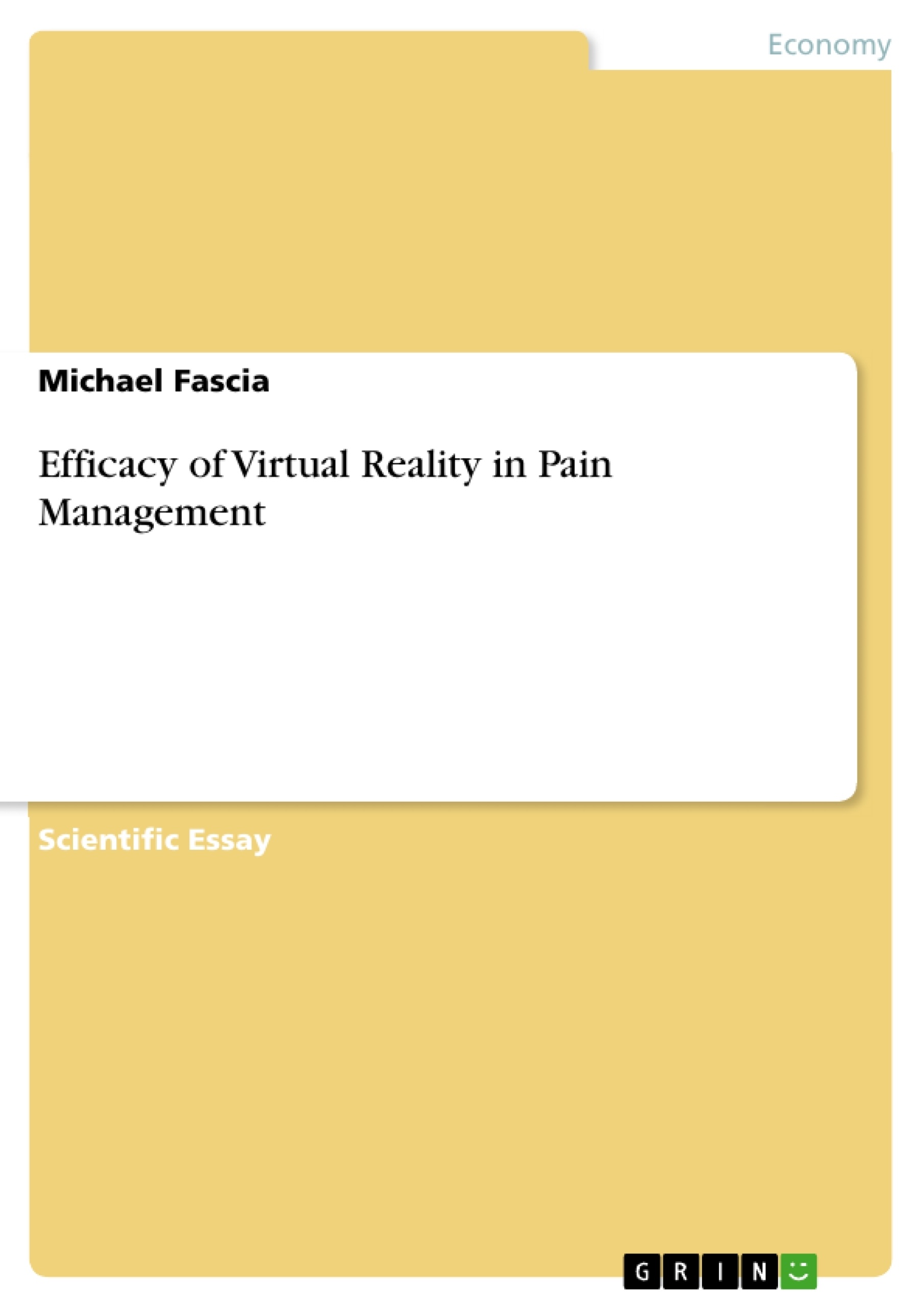This systematic review synthesizes research conducted from 2015 to 2023 on the efficacy of virtual reality (VR) interventions within pain management with a particular focus on opportunities to enhance healthcare quality.
Employing the Preferred Reporting Items for Systematic Reviews and Meta-Analyses (PRISMA) guidelines, we conducted a comprehensive literature search identifying and analyzing 50 studies. These studies were selected to investigate VR’s effectiveness across three key domains: reducing patient pain intensity, elevating patient satisfaction, and demonstrating suitability for various pain conditions.
In line with PRISMA guidelines, our literature search was rigorous and exhaustive. We aimed to identify relevant studies that collectively examined the effectiveness of VR in pain management. Our primary objectives included assessing VR’s potential as both an alternative and a complement to traditional pharmacological pain management approaches. We also evaluated VR’s capacity to improve the overall quality of healthcare.
Our comprehensive review of 50 studies unequivocally demonstrates that VR interventions can significantly reduce patient pain intensity and elevate overall satisfaction levels. Moreover, these studies consistently confirm the suitability of VR for managing a wide range of pain conditions, reinforcing the importance of integrating VR modalities into clinical pain management practices.
- Quote paper
- Michael Fascia (Author), 2024, Efficacy of Virtual Reality in Pain Management, Munich, GRIN Verlag, https://www.hausarbeiten.de/document/1488133



